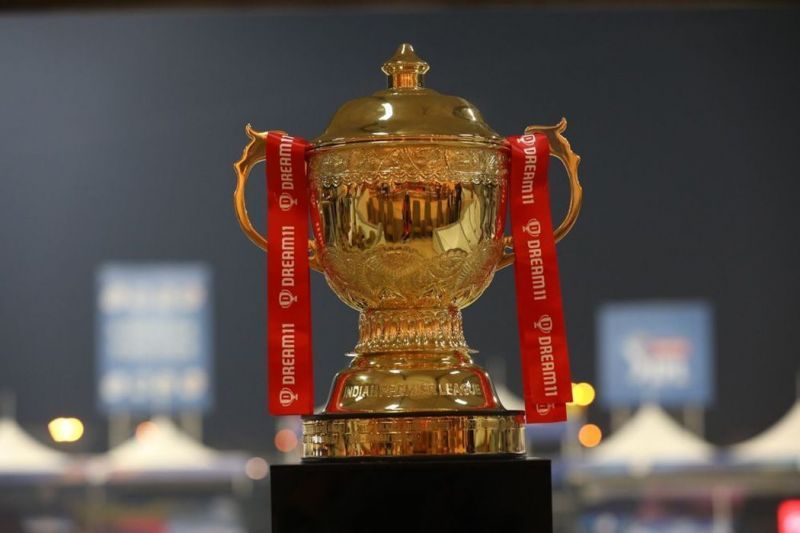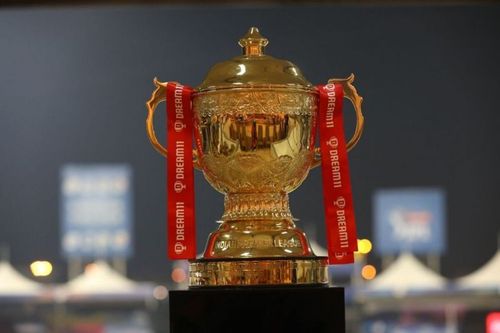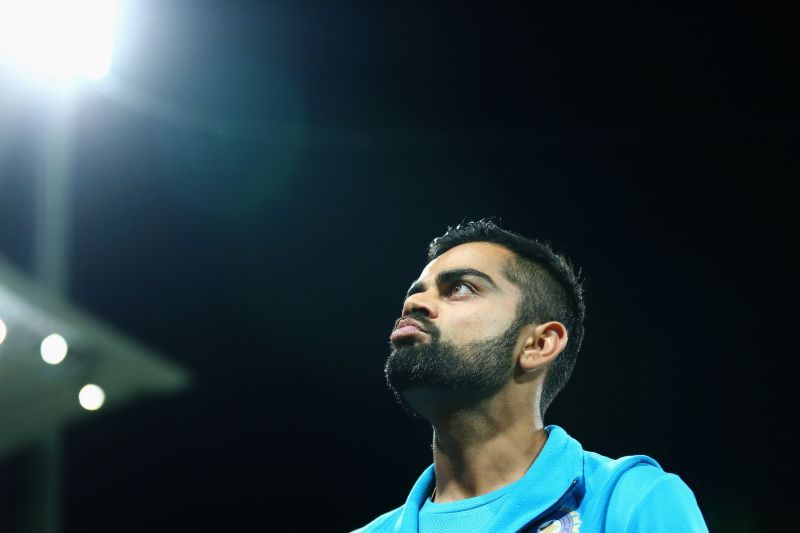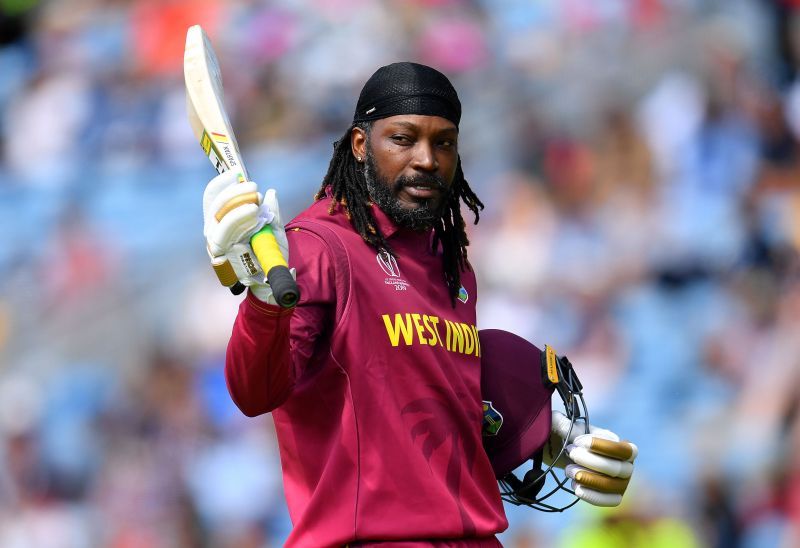
IPL resumption shows that the BCCI gets its way, even at the players' cost

On 29th May 2021, the BCCI gleamingly announced that it would be hosting the remainder of IPL 2021 in the UAE in September and October. For the uninitiated, the IPL had been postponed in May 2021 following a number of cases inside the bio-bubble – one that forced the BCCI to put off its marquee event.
Ever since speculation has been rife around if and when the BCCI would be able to stage the rest of the IPL. Over the past few days, though, it had become clear that the BCCI was intent on resuming the IPL, meaning that a feasible window was the only aspect left to work upon.
Thus, the decision to bring the IPL back into the 2021 cricketing calendar had seemed a foregone conclusion in the past week. And, with the announcement on 29th May, it has only become clear that the BCCI usually gets its way.
Unsurprisingly, a wave of excitement has encapsulated the country, for its cricket fans have been longing for the IPL to adorn TV sets again. Yet, there is a caveat, and a major one at that.
Even though the initial reaction might that be of joy and fervour, the resumption of the IPL, especially in September and October, might not be something that suits all parties involved.
The abrupt suspension of the IPL meant that the BCCI lost a lot of money, with some officials even stating that that figure would be north of 2000 Cr INR. Hence, there always existed a feeling that the BCCI would pull out all the stops to make the IPL happen, for it, despite the other sources of revenue (advertisements, sponsorship etc), remains the BCCI’s ultimate gold mine.
Inadvertently though, the BCCI, in its pursuit to make ends meet financially, might just have thrown the cricketers into a larger hole – one that might not bode well in the long-term.

To put things into context, the IPL, which is now being touted to take place during September and October, would be sandwiched between India’s Test series against England and the T20 World Cup, which starts at the end of October.
A lot of Indian players will be playing non-stop cricket before the IPL
Furthermore, the Indian cricketers would be playing the final of the World Test Championship from the 18th of June, meaning that they would be undergoing countless hours of quarantine life between June and the middle of November (at least).
And, apart from the concerns of being locked up in bio-bubbles, the all-format Indian cricketers – the likes of Jasprit Bumrah, KL Rahul, Mohammed Shami, Ravindra Jadeja, Rishabh Pant, Rohit Sharma and Virat Kohli - would be playing non-stop cricket.
Back in 2009 and 2010, India were guilty of damaging their preparations for the T20 World Cup, with the IPL happening just before the multi-nation tournaments. Inevitably, the Men in Blue looked tired and jaded on their Caribbean (2010) and English adventures.
Moreover, the staging of the IPL in September and October would come at the cost of several international series – something that again casts into light the “club vs country” debate.
Recently, England have maintained that they would, in all likelihood, not allow their players to participate in a rescheduled IPL. In simpler terms, they stated that their cricketers, even if accorded a rest for the series against Bangladesh (which is scheduled at a similar time), would be given the chance to recuperate ahead of the T20 World Cup.
On the other hand, the BCCI also has to devise a mechanism to get players from the CPL on board. As things stand, the CPL is slated to culminate on 19th September, meaning that the players from that particular league would most likely fly directly into another bio-bubble in the UAE.

Though logistical issues might not be as much of a headache, the fact that these players might also contemplate their respective IPL stints, owing to the sheer amount of cricket, can’t be ignored.
Additionally, the West Indies, beginning in June, will welcome three different international sides to the Caribbean. Australia, Pakistan and South Africa are scheduled to tour the West Indies and it remains to be seen how many of these players opt to play the IPL, which follows closely on the heels of these rubbers.
There is also another problem that the BCCI has perhaps ignored – one that might irk the ICC. The presence of the IPL during September and October would force the pitches in the UAE to get sluggish and would ultimately tire them out.
And, with the chances of the T20 World Cup being held in India looking remote, the ICC will have to contend with a global tournament where the playing conditions aren’t as ideal as they should’ve been.
Having said that though, these facets only represent the tip of the iceberg. In fact, the IPL’s resumption, which might be looked upon as one of the faintest bit of hopes during these troubling times, might have, rather inexplicably, neglected one of its primary stakeholders – the players. Or, in blunter terms, taken the choice out of the player’s hands.
Over the past decade, the BCCI has garnered a reputation for bulldozing other cricketing entities in order to further its needs. And that is exactly what the decision to resume the IPL smacks of.
Not only has the BCCI, in chasing monetary benefits, reduced its credibility, it has also put those (read players) that have made the board as powerful as it is today, under greater duress. And lest one forgets, the BCCI exists for the cricketers, rather than the other way round.
Subsequently, the BCCI might find itself in a situation where a large chunk of the foreign players, despite the financial offerings, might actually not play the IPL. If that happens, the BCCI would be embarrassed, make no mistake about it.
Yet, those are also the circumstances the BCCI has willingly ventured into, for their financial clout and controlling power, dishearteningly, renders any sort of opposition rudderless.
Unfortunately, it has also come at the cost of cricketers who have, somehow, become the sacrificial pawns of a game that should’ve been designed for them and for their well-being. That it comes at a time when the world is beginning to notice and compassionately understand the various kinds of fatigue that plagues players, is pretty disappointing.
Either way, once the dust has settled on the upcoming IPL, there will be plenty of conversations on whether the BCCI was right to give the IPL the green light. Or if they managed to disrupt the entire cricketing calendar with just a swish of their wand.
One thing that would remain unchanged, though, would be the influence the BCCI has exerted to maraud a window for the IPL. And, rather saddeningly, the players will have to bear the brunt of this particular power exertion.
The BCCI gets its way, they said. Rightly so.